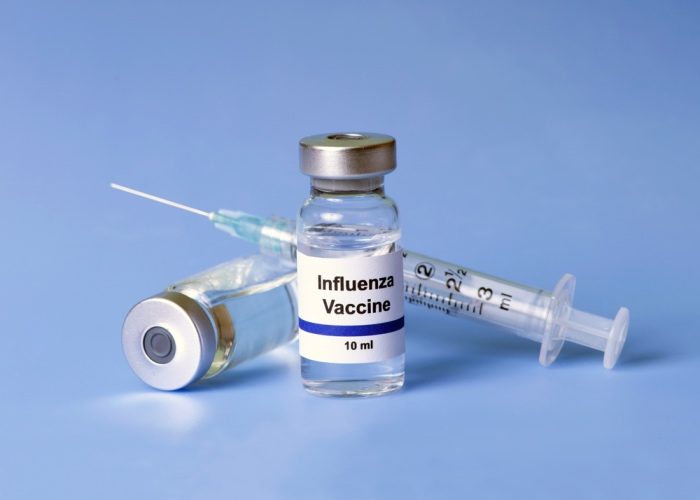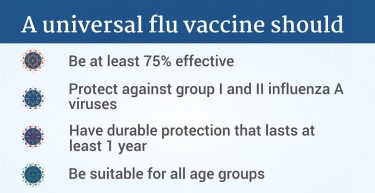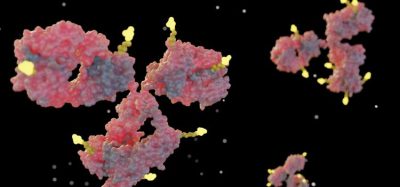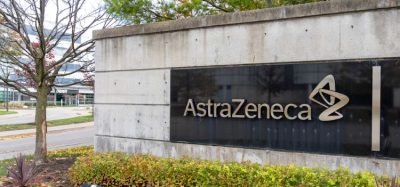Strategic plan for developing a universal influenza vaccine unveiled
Posted: 1 March 2018 | Dr Zara Kassam (European Pharmaceutical Review) | No comments yet
NIAID officials detail the Institute’s new strategic plan for addressing the research areas essential to creating a safe and effective universal influenza vaccine…


Developing a universal influenza vaccine — a vaccine that can provide durable protection for all age groups against multiple influenza strains, including those that might cause a pandemic — is a priority for the National Institute of Allergy and Infectious Diseases (NIAID), part of the National Institutes of Health.
Researchers describe the scientific goals that will be supported to advance influenza vaccine development. The strategic plan builds upon a workshop NIAID convened in June 2017 that gathered scientists from academia, industry and government who developed criteria for defining a universal influenza vaccine, identified knowledge gaps, and delineated research strategies for addressing those gaps.


An effective universal flu vaccine must meet four criteria.
The cornerstone of both seasonal and pandemic influenza prevention and control is the development of vaccines against specific influenza strains that pose a potentially significant risk to the public. Seasonal influenza vaccines are made anew each year to best match the strains projected to circulate in the upcoming season. However, this approach has limitations and difficulties.
To reduce the public health consequences of both seasonal and pandemic influenza, vaccines must be more broadly and durably protective. Advances in influenza virology, immunology and vaccinology make the development of a universal influenza vaccine more feasible than a decade ago, according to the authors. To develop a universal influenza vaccine, NIAID will focus resources on three key areas of influenza research: improving the understanding of the transmission, natural history and pathogenesis of influenza infection; precisely characterising how protective influenza immunity occurs and how to tailor vaccination responses to achieve it; and supporting the rational design of universal influenza vaccines, including designing new immunogens and adjuvants to boost immunity and extend the duration of protection.
The authors state that a coordinated effort of guided discovery, facilitated product development and managed progress through iterative clinical testing will be critical to achieving the goal of a universal influenza vaccine. NIAID will establish and support a consortium of scientists to meet designated goals for a universal influenza vaccine and will expand the Institute’s research resources by establishing long-term human cohorts, supporting improved animal models of influenza infection and expanding capacity for conducting human challenge studies.
The authors emphasize that broad collaboration and coordination in many disciplines and involving government, academia, philanthropies and the private sector will be vital to achieving the goal of developing a universal influenza vaccine. NIAID intends for the plan to serve as the foundation for its research investment strategy to achieve this important public health goal.
Related topics
Related organisations
ational Institute of Allergy and Infectious Diseases (NIAID), National Institutes of Health









